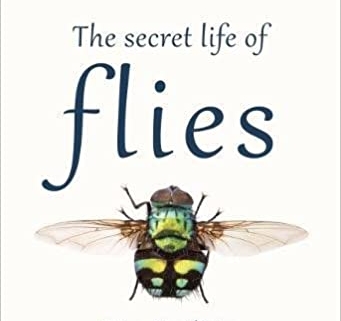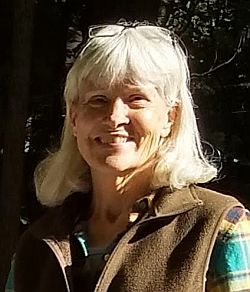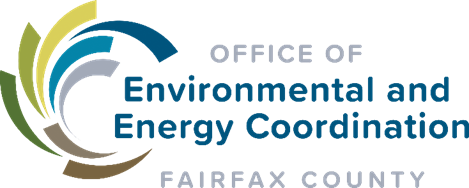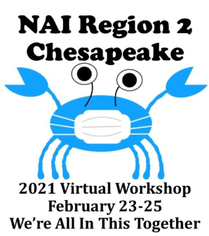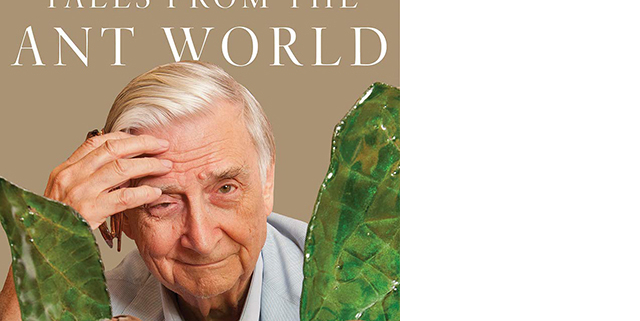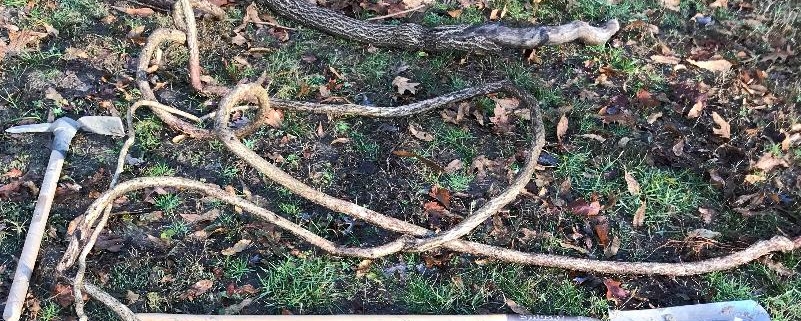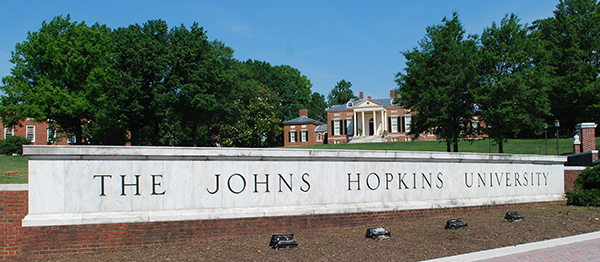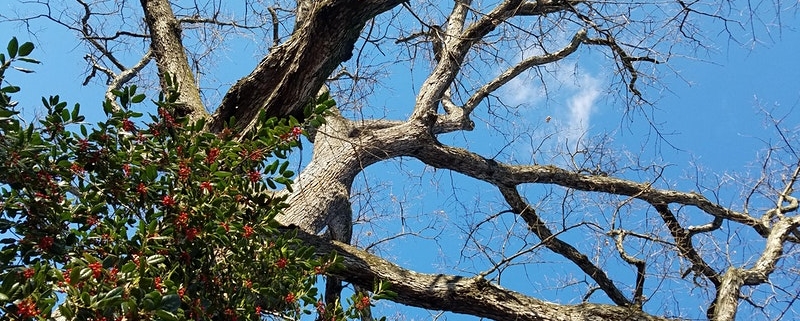Reviewed by Kristine Lansing
“Flies. A nuisance at best, a harbinger of death at worst. Regarded by many as a disease-carrier that vomits on our food, it earns nothing more from us humans than feelings of disgust. The little we know about the fly we don’t like.”*
Now, really, doesn’t that introduction just grab you? As master naturalists each of us probably spends more time around flies than we do around any other plant or animal. And yet, what do we really know about these incredible little creatures?
In a mere 240 pages, entomologist Erica McAlister introduces us to the life cycle of flies and to the many varieties we’re likely to encounter in the field, from the pollinators (some closely resemble bees), to the detritivores, the coprophages (yes, there’s dung!), necrophages (and death!), vegetarians, fungivores, predators, parasites, and sanguivores (and even blood!).
“The Secret Life of Flies” is not only packed with information, but it is brimming with humor. Ms. McAlister’s enthusiasm for her tiny subjects is infectious, and leaves the reader wanting to observe them “flirting with one another in front of a good dung pat,”* or dancing and gifting one another during courtship, or locking horns in competition. And if all of this isn’t enticing enough, just wait until you read about flies’ dining habits.
For all of you bibliophiles out there, this BBC Wildlife Book of the Month is beautifully illustrated and lovingly printed on high-quality paper.
Ms. McAlister is a curator of diptera at the Natural History Museum in London.
*All quotes from The Secret Life of Flies, Erica McAlister, 2019, Natural History Museum.



